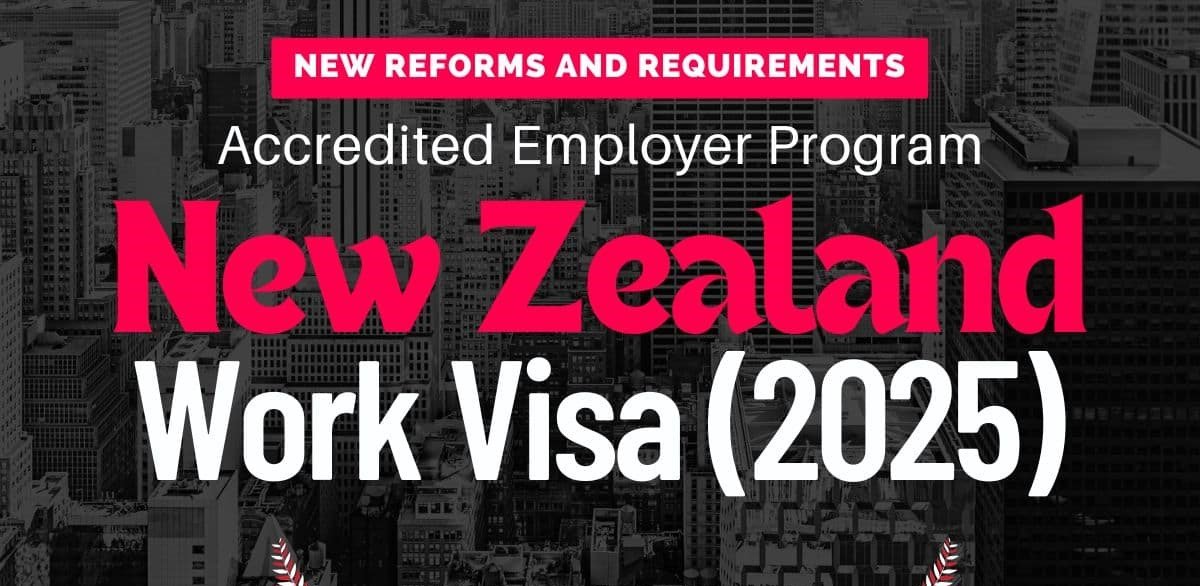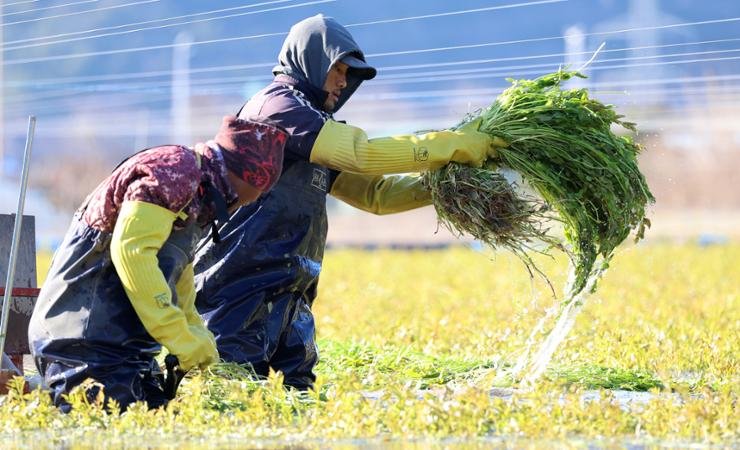
Key Takeaways
More than 70,000 work permits have been issued to migrant workers, aimed at alleviating Romania’s labor shortages. The influx of Vietnamese migrant workers in Romania is likely to continue growing. The construction and hospitality industries are among the sectors experiencing significant labor shortages.
From January to September, Romania issued a total of 77,426 work permits for non-EU citizens, marking some of the highest levels of immigrant workers in the country’s history. According to data from the General Inspectorate for Immigration (IGI), 76,713 of these permits—accounting for 99 percent—were granted to permanent workers, setting a new record, as reported by Schengen.News.
The remaining permits were allocated for various employment types, including 310 for skilled workers, 214 for seasonal workers, 151 for poster workers, and 37 for employees transferred within the same company.
Romania Turns to Foreign Countries to Help With
Immigrant Workers
As Romania grapples with an increasing labor shortage, authorities are looking to non-EU countries for potential labor imports, with Vietnam being a key focus.
According to Evenimentul Zilei, Argeș County aims to recruit numerous workers from Vietnam to help address market gaps. With over 4,000 Vietnamese students and graduates currently in Romania, their integration into the workforce is likely to be smoother than that of other nationalities.
However, Romania faces another challenge regarding immigrant workers. Authorities have reported that non-EU citizens arriving on work visas are attempting to cross into the Schengen area.
Filimon Pitea, Head of the Accommodation Centre for Foreigners Taken in Public Custody in Arad, noted that the majority of these migrants originate from Bangladesh, Nepal, Sri Lanka, and Pakistan.
As a result, their residency rights were revoked, and orders were issued for their escorted return. While awaiting the completion of the removal process from Romania, they were placed in the public custody center.
Filimon Pitea, Head of the Arad Center, commented on the situation.
Up to 300,000 Workers Needed in 2025 for Romania
to Maintain Its Economy
The local market in Romania is projected to require between 200,000 and 250,000 foreign workers by 2025, with a significant demand in the construction and hospitality sectors.
Melania Pop, Business Development Manager at International Work Finder (IWF), noted that bringing in as many as 300,000 workers could support Romania’s economy in sustaining its current levels.
In Romania, several sectors are experiencing labor shortages, including postal and courier services, staffing and contracting agencies, restaurants, road freight transport, and security services.

















